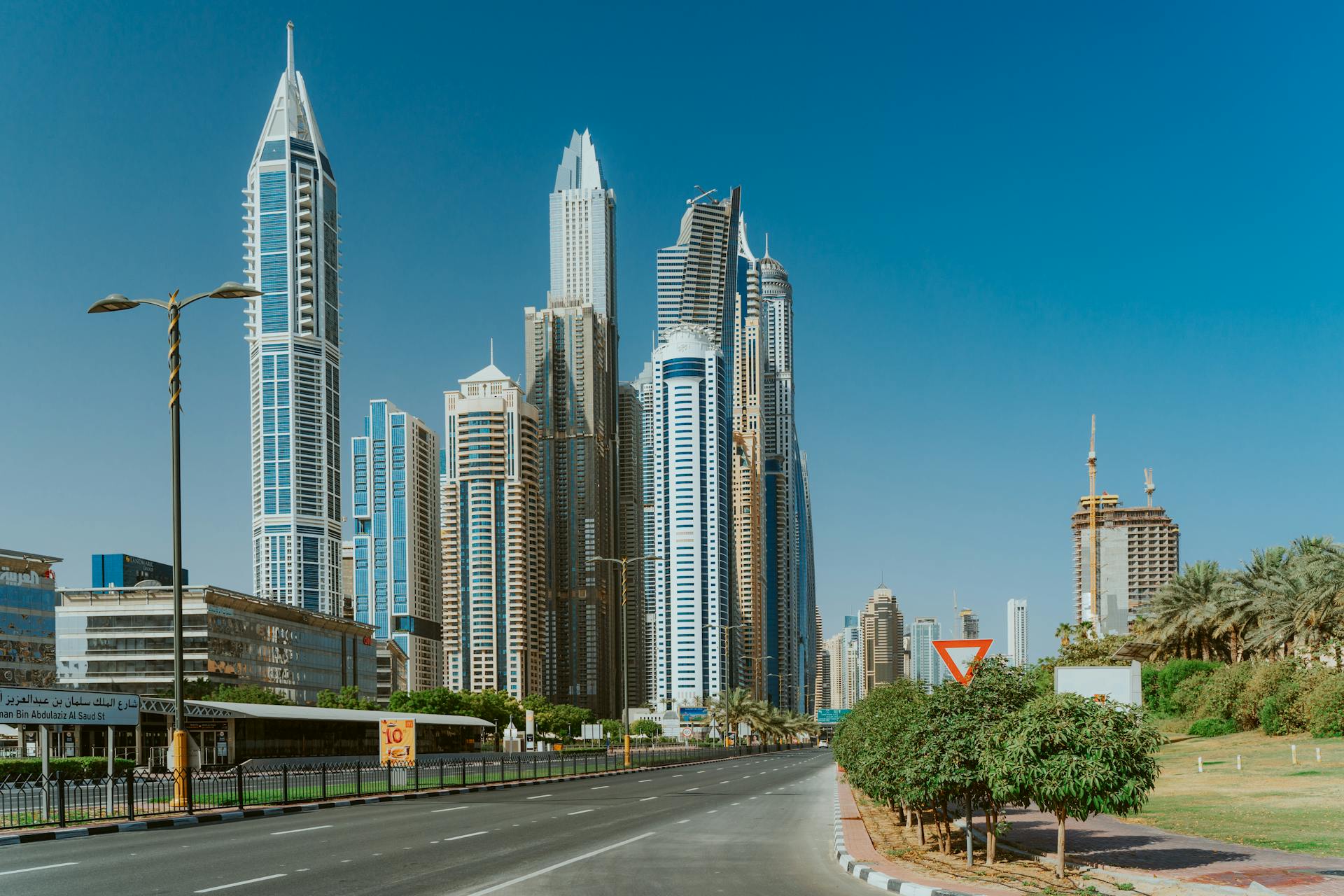
The real estate industry has witnessed a wave of digital transformation in recent years, with PropTech solutions streamlining operations, enhancing efficiency, and improving customer experiences. While AI and automation are undoubtedly shaping the future, the next decade will see even more groundbreaking innovations that go beyond technology. The future of PropTech is not just about efficiency—it’s about adaptability, human experience, and redefining property ownership itself.
Here’re some open-minded and forward-thinking ideas into what the next 10 years of PropTech might look like, so let your visionary thoughts fly and explore!
1. Emotional AI & Human-Centric Property Matching
Finding the perfect home or workspace isn’t just about size, price, or location—it’s about how a place makes you feel. AI-driven property platforms will evolve to analyze emotions, moods, and personalities, recommending spaces that align with an individual’s lifestyle and well-being. Future systems may match introverts with serene green neighborhoods or suggest dynamic city centers for those who thrive in high-energy environments.
Imagine an AI assistant that senses your stress levels and curates property options that promote relaxation, better sleep, or improved productivity. This shift will make real estate a deeply personalized experience.

2. Shared & Modular Living Spaces
The rigid nature of homeownership is set to change. The future will introduce flexible property ownership, where individuals own or rent shares in multiple properties worldwide. Digital nomads, professionals, and lifestyle-driven individuals could move between different homes throughout the year without the financial burden of purchasing an entire property.
With decentralized ownership, individuals could own 10% of a beachfront villa, 20% of a city condo, and 5% of a Tokyo apartment, making global living a reality.
3. AI-Powered Feng Shui & Well-Being Spaces
As more people recognize the impact of space design on mental and physical health, AI will play a role in Feng Shui optimization. AI tools will evaluate a property’s energy flow, lighting, and layout to create spaces that enhance relaxation, focus, and prosperity.
From optimal furniture placements to AI-suggested wall colors that boost productivity, real estate will integrate science-backed spatial psychology for better living and working conditions.
4. Hyper-Personalized Smart Workspaces
The post-pandemic hybrid work model is here to stay, but future workspaces will be even smarter. Offices will dynamically adjust lighting, temperature, and noise levels based on real-time employee stress and focus levels.

For example, a coder needing deep focus might have dimmed lighting and a soundproof environment, while a marketing executive might thrive with bright spaces and motivational background music. The result? Increased productivity, comfort, and job satisfaction.
5. Air Rights & Vertical Property Ownership
As urban spaces become more crowded, developers will look upward. Air rights will become a major asset, allowing property owners to sell unused vertical space above their buildings.
For instance, a two-story shoplot owner could lease air rights to a developer who builds an elevated café or co-living units above it. This shift will maximize urban land use without requiring ground-level expansion.

6. Property NFTs & Virtual Land Investments
With the rise of the Metaverse, digital real estate will become a serious investment class. Companies will purchase prime virtual locations to establish digital headquarters, event spaces, and virtual shopping malls.
Imagine a Kuala Lumpur CBD digital twin, where buyers explore properties in VR before making real-world investments. These virtual assets will complement physical properties, opening new revenue streams for investors.
7. Self-Sustaining, Extreme Green Properties
Eco-conscious developments will become the norm, not the exception. The next generation of homes will be fully self-sustaining, with built-in solar energy, water recycling, and even AI-managed hydroponic gardens that produce food.

Instead of just reducing carbon footprints, these properties will be designed to operate off-grid, lowering long-term costs and enhancing energy resilience.
8. Voice-Controlled Property Negotiations
AI-powered assistants will revolutionize property negotiations. Buyers and sellers will be able to negotiate deals using voice commands, with AI mediators ensuring fair and data-driven agreements.
For instance, a buyer could simply say, “Find me a 1,000 sqft apartment near KLCC for RM700K,” and AI would instantly match listings, evaluate seller motivations, and suggest optimized offers.
9. Disaster-Resilient Smart Cities
Climate change will reshape how cities are built. Future smart cities will integrate climate-adaptive designs, including flood-resistant structures, self-healing materials, and AI-driven disaster response mechanisms.
A KL condo, for example, could have automated flood barriers that activate before water levels rise, preventing costly damages.
10. AI-Driven Dynamic Home Financing
Mortgage payments will no longer be rigid. AI will allow dynamic home financing, adjusting loan repayment terms based on an individual’s real-time financial stability.
For instance, if a homeowner experiences a temporary salary drop, AI-powered lenders could automatically reduce monthly payments and recalibrate once income stabilizes. This will create a more flexible and sustainable property financing model.
Final Thoughts: The Future is About Experience, Not Just Ownership
The next decade of PropTech will go beyond AI and automation—it will be about human-centered design, emotional intelligence, and redefining property as a dynamic asset rather than just a static investment.
From shared ownership models to personalized workspaces and self-sustaining green homes, the PropTech revolution will be driven by adaptability and consumer experiences rather than just transactional efficiency.

The real estate industry is no longer about “location, location, location.” The future is about experience, flexibility, and well-being. 🚀
What do you think?
Would you embrace a flexible property ownership model or rely on AI-driven real estate matching? Share your thoughts! 👇
#PropTech #RealEstateTech #FutureOfRealEstate #SmartHomes #AIinRealEstate #PropertyInnovation #RealEstateInvesting #SmartCities #SustainableLiving #TechTrends #MalaysiaRealEstate